Ultimate Guide to Dog Bladder Infection Home Remedy
Well, if you are here, your dog possibly has a bladder infection and you are looking for an appropriate dog bladder infection home remedy that will help with the problem. The conventional way in this case would be to approach a veterinarian, but that is painful for your pet and expensive for you.
The only perfect remedy that can be used to treat bladder infection is a home remedy which can be obtained from herbs. I would like to present here various home remedies for dog bladder infections you can use regardless of whether you are an experienced pet owner or new to the process.
In this valuable comprehensive guide, you will also learn the advantages and disadvantages of using home remedies for dog bladder infections as well as many other pieces of helpful advice.
Dog Bladder Infection Home Remedy
Cranberry Extract
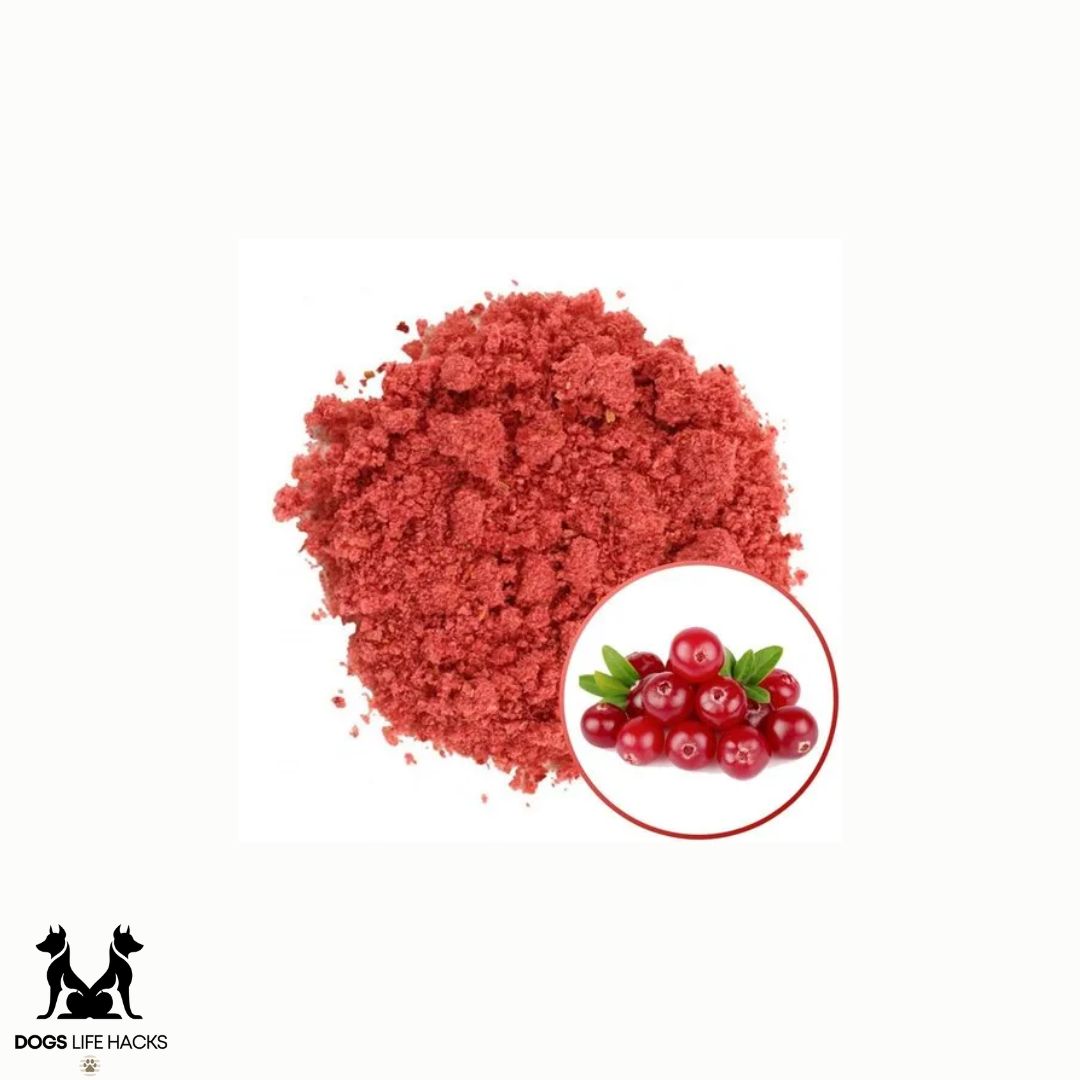
How Cranberry Helps
Cranberry extract is an effective natural remedy for dogs with bladder infections. It removes infection by preventing bacteria from sticking to the walls of the urinary tract. The antioxidants in cranberries can help in flushing out toxins from the bladder.
Dosage and Administration
Cranberry supplements are available commercially in capsule and liquid form. A small dose of cranberry extract in a daily meal once or twice a day is enough. Always consult your vet for the perfect dosage.
Apple Cider Vinegar
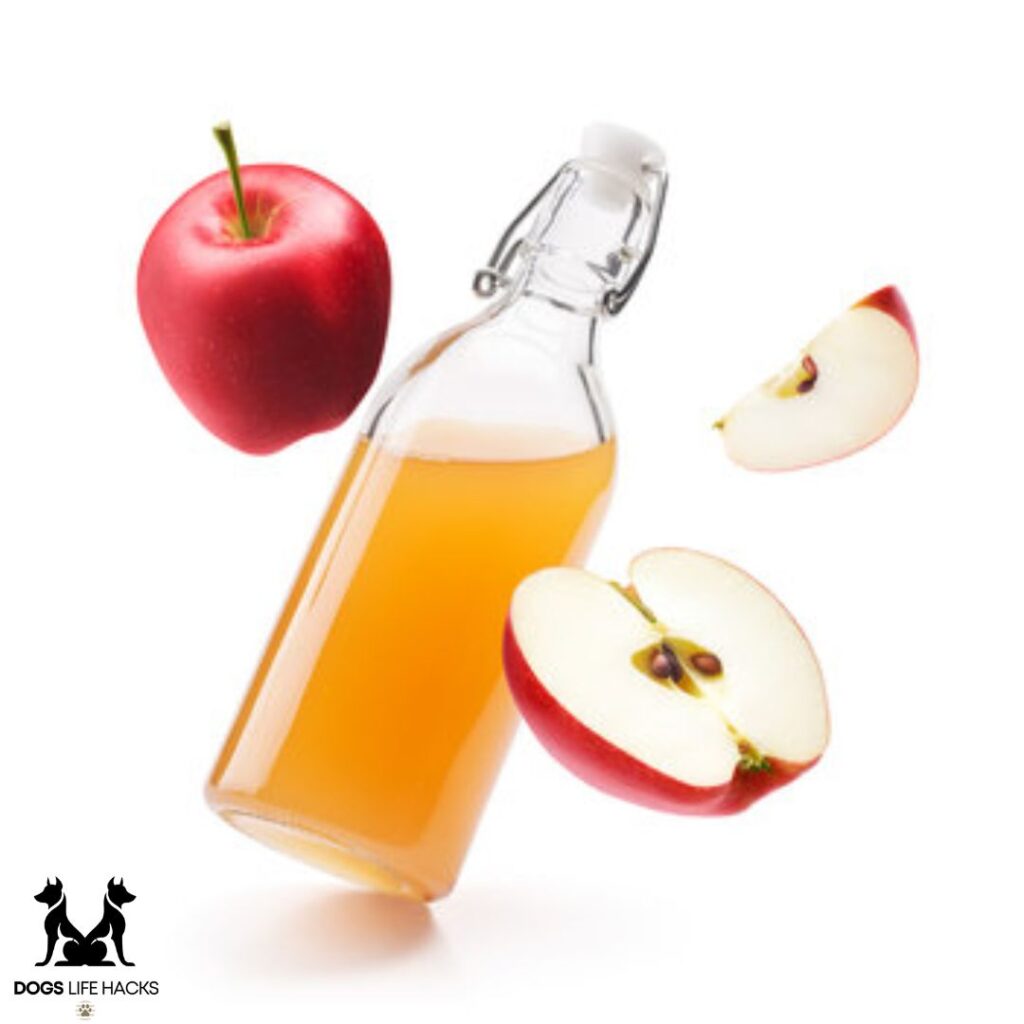
Benefits of Apple Cider Vinegar
Apple cider vinegar is an effective dog bladder infection home remedy. It removes bacteria from the urinary tract and balances the pH levels of the dog’s urine. It also prevents bacteria from growing in dogs.
How to Administer Apple Cider Vinegar
Mix one teaspoon of ACV in a water bowl once a day or mix it in dog food. Start with a small amount and increase it slowly with time.
D-Mannose
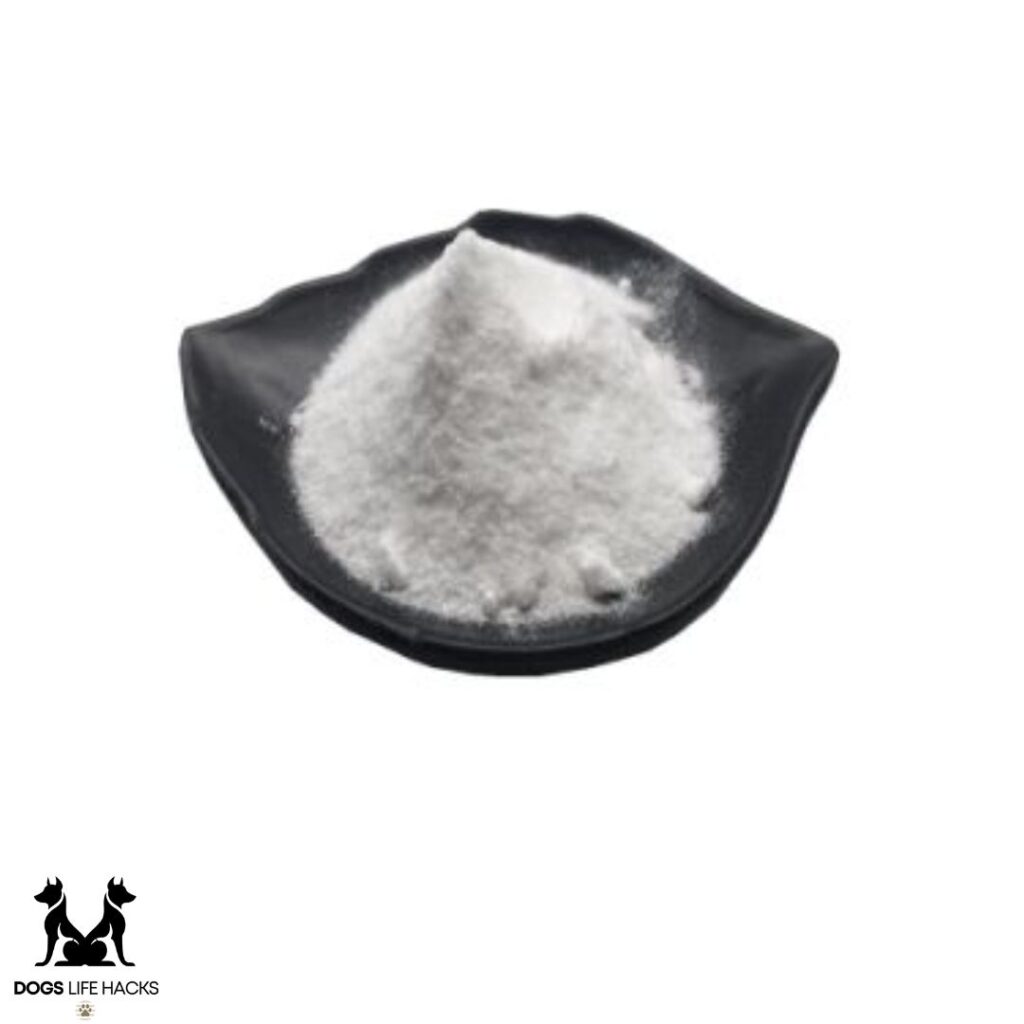
Understanding D-Mannose
D-mannose is a type of glucose used in the treatment of bladder infections. It prevents bacteria in the urinary tract from sticking to them. It flushes out bacteria from the dog’s body during urination.
Appropriate Dosage
D-Mannose is administered in powder form, mixed with water or food. It is crucial to consult a vet before using any supplement.
- Small Dogs: 500 mg daily
- Large Dogs: 2000 mg daily
Parsley Water
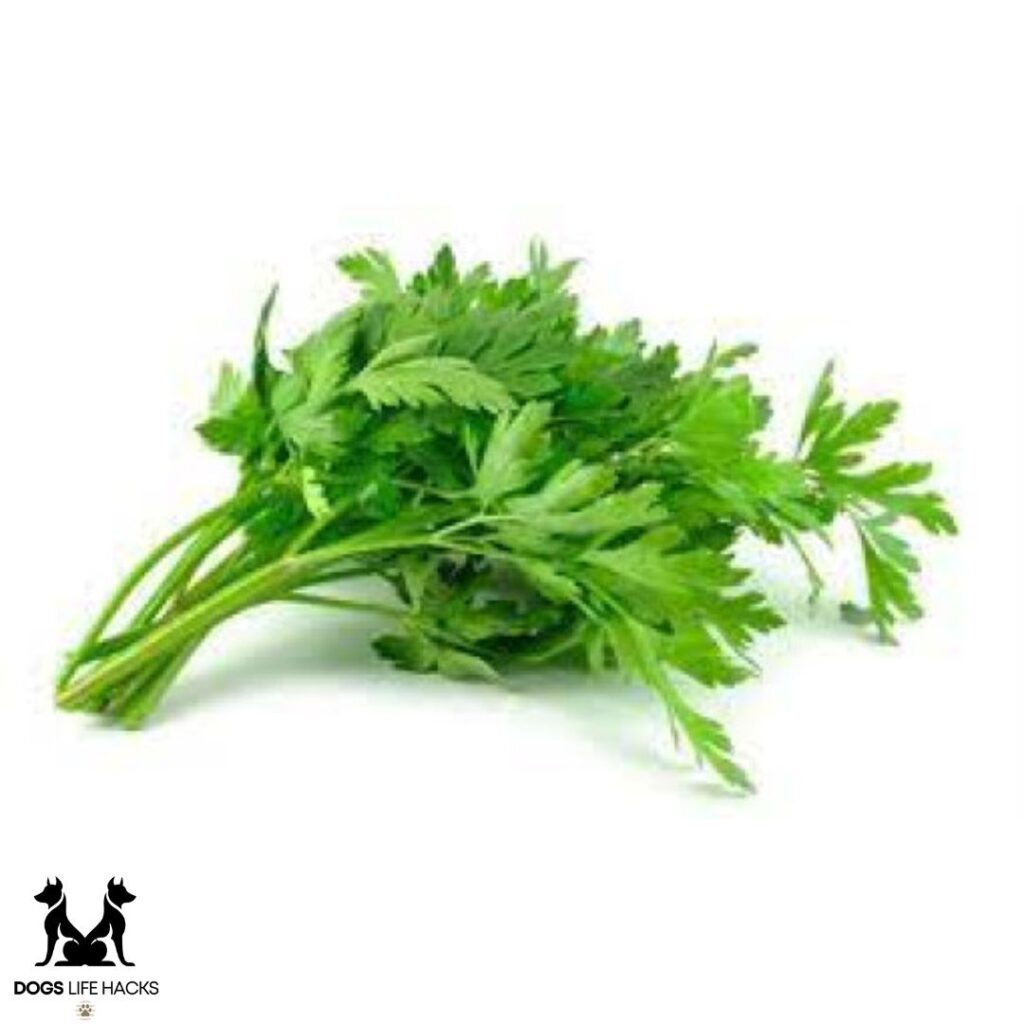
Benefits of Parsley for Dogs
Parsley is not for garnishing only, it is in vitamins and antioxidants and has diuretic properties that can benefit dogs with bladder infections. It increases the immune system and urine production and flushes out harmful bacteria from dogs.
Preparing and Serving Parsley Water
Chop fresh parsley and boil it in water for 10 minutes. Strain the liquid when cooled and offer it to your dog. You can also mix it with their regular drinking water and regular food.
Probiotics
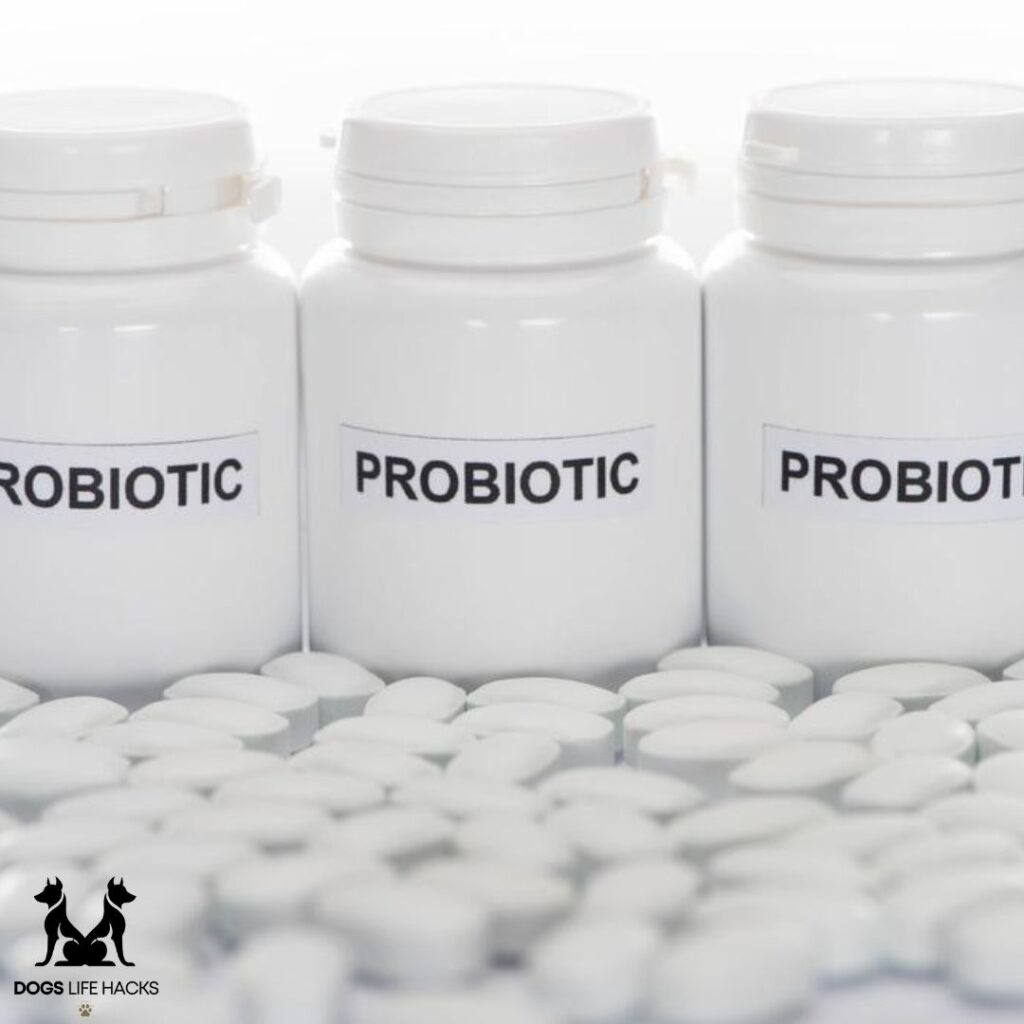
Role of Probiotics in Bladder Health
Probiotics are beneficial for maintaining bladder health and the gut of dogs. They fight harmful bacteria and prevent them from causing infections. A healthy gut leads to a healthy urinary tract.
Best Sources of Probiotics for Dogs
Probiotics are available in the form of powders, capsules, and chews. Natural sources of probiotics are plain yogurt and kefir. Avoid dairy products with additives and artificial sweeteners.
Vitamin C
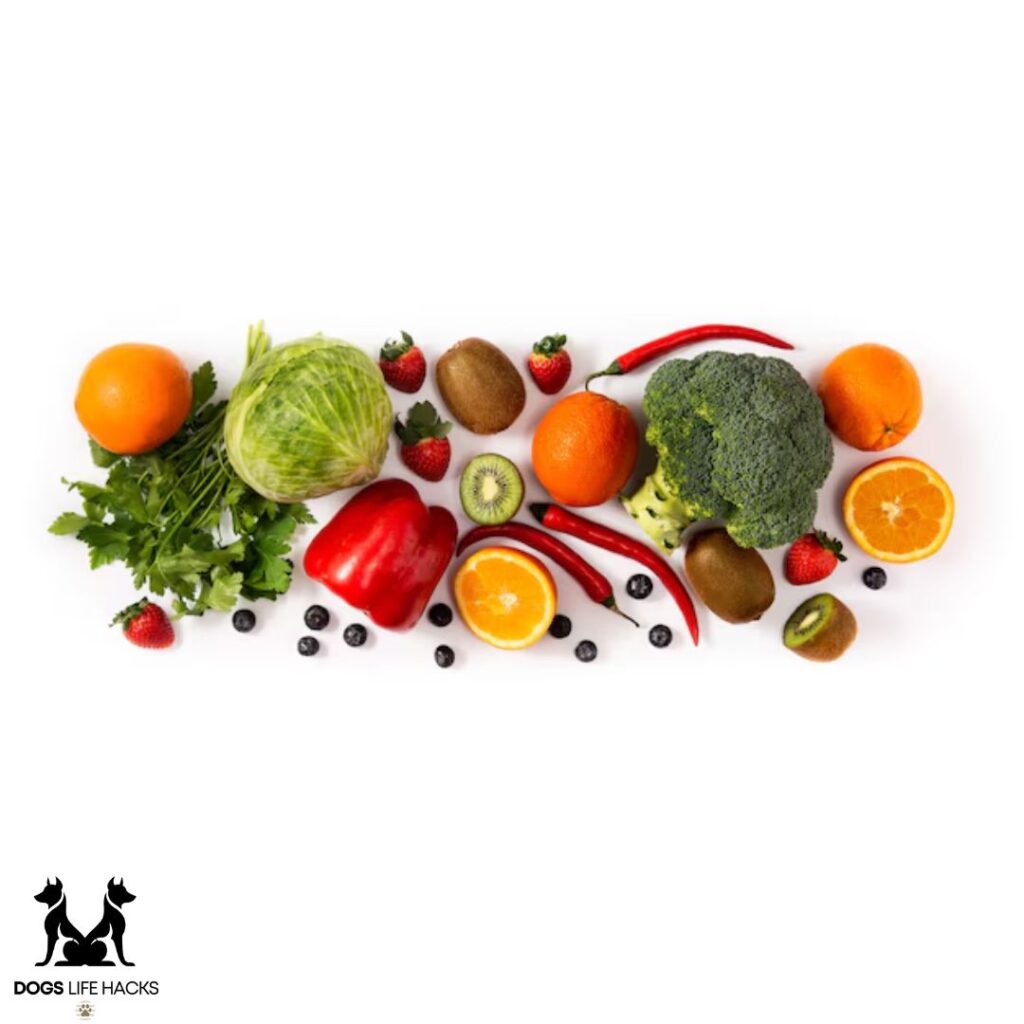
How Vitamin C Supports Bladder Health
Vitamin C is a powerful antioxidant that maintains the immune system and helps improve the health of the urinary tract. It can acidify the urine which prevents bacterial growth. Regular intake of vitamin C can help prevent recurring bladder infections in dogs.
Safe Dosage for Dogs
- Small Dogs: 250 mg daily
- Large Dogs: 1000 mg daily
Supporting Home Care Practices
Hydration is Key
Importance of Water
Keeping your dog hydrated is very important in treating bladder infections. Plenty of water flushes out bacteria from the bladder and urinary tract. Dehydration can increase the risk of bacteria and infection.
Encouraging Your Dog to Drink More
Sometimes, making your dog drink water is challenging. Use a pet water fountain and fresh and clean water to make it appealing for your dog to drink water. Adding a small amount of low-sodium chicken broth to water or providing wet food can help increase the dog’s overall fluid intake.
Regular Bathroom Breaks
Why Frequent Urination Helps
Frequent urination reduces the risk of infection and flushes out bacteria from the urinary tract. Holding urine for a long time can increase the risk of bladder infection. Ensure that your dog has easy ways and places for urination.
Creating a Schedule
Taking your dog out for urination regularly, especially after meals and bedtime can help prevent bladder infections. Monitor your dog’s urination time and habits to adjust the schedule.
Symptoms of Dog Bladder Infections
Behavioral Signs
Early recognition of symptoms can prevent complications. Increased thirst, frequent urination, and accidents in the house are common indicators of bladder infection in dogs. Discomfort while urinating such as whining or straining may also indicate infection.
Physical Symptoms
Blood in the urine, a strong odor, and changes in urine color are physical symptoms of bladder infection. Your dog may suffer from fever in severe infection. Consulting your vet with these symptoms is crucial for quick medication.
Why Choose Home Remedies?
Benefits of Natural Treatments
Home remedies can have many benefits for your dog like they have no side effects and are affordable. Bladder infection is a home remedy that contains organic products that can support overall health and well-being with a better immune system.
Potential Risks of Conventional Treatments
While conventional treatments like antibiotics are quick and effective, long-term use of antibiotics may lead to resistance, making future infections harder to treat. Some dogs may be allergic to antibiotics and experience side effects such as gastrointestinal upset.
What Causes Bladder Infections in Dogs?
Common Causes
- Bacterial invasion
- Poor hygiene
- Ingesting harmful substances
- Weak immune system
Risk Factors
Many factors increase the risk of bladder infection in dogs. Due to shorter urethra female dogs are more prone to UTIs. Old dogs with weak immune systems can be infected quickly. Dogs with urinary tract issues and dehydrated dogs are at risk.
Preventative Measures
Diet and Nutrition
Foods to Include
A balanced nutrient-rich diet is always important for a dog’s health. Feed foods high in antioxidants, such as blueberries and cranberries. To boost the immune system use lean proteins, healthy fats, and a variety of vegetables.
Foods to Avoid
Foods high in salt and sugar content can lead to dehydration and concentrated urine. Avoid caffeine, spicy foods, and artificial additives.
Regular Vet Check-Ups
Importance of Monitoring
Regular monitoring and check-ups are important for catching any potential risk. Regular urine tests can point out infections before they become severe. Early detection is the key to perfect medication.
Early Detection
Early detection can prevent complications and mild infections can easily cured. Notice any changes in your dog’s urination habits or overall behavior. In case of infection consult your veterinarian for early treatment which can prevent the infection from spreading.
Importance of Natural Remedies
Natural remedies are gentle approaches for dog bladder infections. Dog bladder infection home remedy is light on dog’s digestive system with minimal side effects. Unlike conventional medicines, natural remedies use organic ingredients that are easily accessible and less likely to cause adverse reactions. Natural home remedies can help maintain the overall well-being of your dog along with bladder infection.
Final Thoughts
Bladder infections in dogs are common. They are manageable with the right approach. Understanding symptoms can help early detection and treatment. Top natural home remedies are cranberry extract, apple cider vinegar, D-Mannose, parsley water, probiotics, and vitamin C. Home care practices like proper hydration and regular bathroom breaks, preventative measures, a balanced diet, and routine vet check-ups, are essential for maintaining your dog’s urinary health.
Natural remedies for dog bladder infections are gentle and effective alternatives to conventional treatments. By using these remedies and supportive care practices, your dog recover early from infections and maintain a healthy urinary tract. Always consult with your vet about any treatment plan.
FAQs
How can I treat my dog’s bladder infection at home?
Use home remedies to treat your dog at home. Top natural home remedies are cranberry extract, apple cider vinegar, D-Mannose, parsley water, probiotics, and vitamin C. Home care practices like proper hydration and regular bathroom breaks, preventative measures, a balanced diet, and routine vet check-ups, are essential for maintaining your dog’s urinary health.
Can dog bladder infection go away on its own?
No, it will not clear up on their own. Left untreated your dog’s bladder infection could become much more severe and lead to complications. Consult your vet or use home remedies for treatment.
What home remedy can I give my dog to pee?
Add chicken broth to your dog’s food or feed your dog canned food, which has more water in it.
What food is good for dogs with UTI?
Cranberry extract is an effective natural diet for dogs with bladder infections. It removes infection by preventing bacteria from sticking to the walls of the urinary tract. The antioxidants in cranberries can help in flushing out toxins from the bladder. Blueberries can also be a good option.
How to tell if a dog’s bladder is full?
Crying when urinating.
Asking to go outside more frequently.
Posturing to urinate with no urine coming out.
Bloody urine.
Vomiting.
Lethargy.
Lack of appetite.
You May Also Like to Read For Your Dog
- Top 5 Best Fish for Dogs – Best Choices for a Healthy Pet
- World’s First Airline for Dogs Fly First Class with BARK Air
- Causes of Dog Shaking Head | Symptoms, and Treatment Guide
- Are Chicken Feet Good for Dogs? Benefits and Safety Tips
- Why Dog Losing Weight But Eating – Find Shocking Reason!
- My Dog Has Diarrhea But Is Acting Fine – What Should I Do?
- Can Dogs Get Cavities? Find out Shocking Truth & Treatment
- Can Dogs Eat Goji Berries? Benefits, Risks & Best Food Tips
- Ear Mites in Dogs | Guide to Symptoms, Diagnosis & Best Cure
- Guide for Best Diet for Dogs with Cancer | Save The Pets
- Can Dogs Eat Mackerel? Benefits, Risks & Surprising Truth!

2 Comments